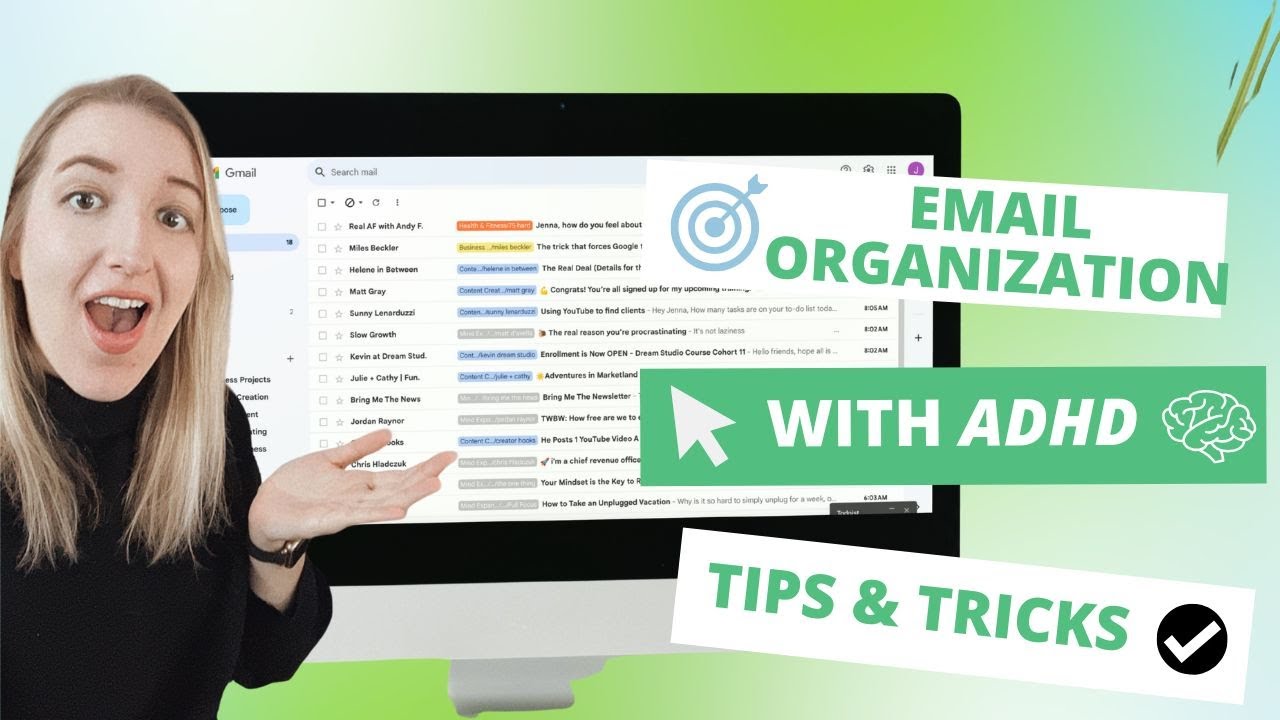How Detachment Can Improve Your Mental Health

Understanding Detachment and Its Mental Health Benefits
As the pace of modern life accelerates, individuals often find themselves overwhelmed by a tumultuous wave of emotions and relentless stress. The concept of detachment emerges as an essential strategy for cultivating not just resilience, but overall mental health. It’s crucial to clarify that detachment does not imply a lack of care or an avoidance of personal relationships; rather, it embodies a thoughtful approach to engaging with life’s complexities while maintaining a balanced perspective.
The practice of detachment operates on the premise that letting go of control over certain aspects of life can lead to profound benefits. For instance, many individuals report a significant reduction in anxiety when they recognize the limitations of their influence over circumstances. By acknowledging what cannot be changed—like the behavior of others or unforeseen events—individuals can liberate themselves from the incessant cycle of worry that often dictates their emotional state.
- Reduction in Anxiety: When people consciously decide to detach from relentless worry about the future, they often experience immediate relief. For example, embracing acceptance of a difficult work situation can lead to decreased stress levels, allowing for a more peaceful mind.
- Improved Focus: Detachment also clears emotional baggage, sharpening one’s ability to concentrate. With reduced emotional clutter, decision-making becomes more straightforward, enabling individuals to react with clarity rather than impulse.
- Enhanced Relationships: By establishing healthy boundaries through detachment, individuals can cultivate deeper, more meaningful connections. For instance, learning to step back from a toxic friendship can prevent emotional drain, opening the door to healthier interactions.
Scientific research substantiates the myriad benefits offered by practicing detachment. Many individuals who have learned to detach from toxic environments or persistent negative thinking report experiencing a profound sense of freedom.
- Increased Resilience: Studies have shown that detachment can enhance one’s ability to bounce back from adversity. Individuals develop the strength to face challenges without becoming overwhelmed by negative emotions.
- Enhanced Self-Awareness: Through detachment, individuals can gain invaluable insights into their emotional triggers. This awareness fosters better emotional regulation and a deeper understanding of oneself.
As we explore the dimensions of detachment, it becomes evident that it provides a pathway to a healthier, more balanced life. It offers tools for navigating emotional landscapes with grace while encouraging a proactive stance on mental wellness. The upcoming sections will offer practical techniques for integrating detachment into daily routines and examine the scientific principles that underpin its effectiveness in enhancing mental well-being.
DIVE DEEPER: Click here to discover the essence of digital detox

The Mechanics of Detachment: How It Shapes Our Mental Landscape
To understand how detachment can illuminate the path to improved mental health, it is essential to delve into its psychological mechanics. At its core, detachment encourages individuals to step back from their emotional responses and evaluate situations with a more objective lens. This practice is not about disengaging from life; rather, it is about moderating the emotional intensity associated with our experiences. By adopting a more neutral stance, one can cultivate the ability to observe thoughts and feelings without becoming entangled in them.
One of the most significant psychological benefits of detachment is its connection to emotional regulation. Emotionally charged situations can flood the mind with chaos, leading to heightened stress levels. However, practicing detachment allows individuals to partition their emotions from their decision-making processes. This can be likened to the way a seasoned pilot navigates turbulent weather—by focusing on instruments rather than the chaos outside the cockpit, they maintain control and stability.
How Detachment Enhances Key Aspects of Mental Health
As people embark on the journey of cultivating detachment, several key aspects of mental health and well-being improve, further underscoring its benefits:
- Emotional Clarity: Detachment facilitates clearer thinking by letting individuals disentangle their emotions from the situation at hand. This clarity enables better judgment and conflict resolution. For instance, when confronted with a workplace disagreement, stepping back and examining the motivations and actions of all parties involved can lead to more thoughtful and constructive engagement.
- Stress Management: By learning to detach from the incessant need to control outcomes, individuals can better manage stressors in their lives. Understanding that not every situation is within one’s control reduces anxiety and fosters a more relaxed approach to problem-solving.
- Promotion of Mindfulness: Detachment is deeply connected to mindfulness, as both practices encourage living in the present moment. By focusing on what is happening now—without undue attachment to past events or future uncertainties—individuals can cultivate a more peaceful existence.
The overlapping benefits of detachment and mindfulness suggest a dual approach to tackling mental health challenges. By recognizing how these practices complement one another, individuals can explore various strategies to enhance their emotional well-being. Techniques such as meditation, journaling, and cognitive reframing can further support this endeavor by fostering a more detached perspective on everyday experiences.
In today’s fast-paced world, where emotional turmoil is commonplace, understanding and implementing detachment can serve as a powerful counterbalance. As we continue to explore its advantages, we uncover practical methods to integrate detachment into our lives. This journey not only sheds light on personal growth but also emphasizes the potential for achieving lasting well-being in an increasingly complex landscape.
| Mental Health Benefits | Examples of Detachment |
|---|---|
| Reduction of Anxiety | Practicing mindfulness and letting go of intrusive thoughts. |
| Enhanced Clarity | Journaling thoughts to gain perspective on emotions. |
| Improved Relationships | Setting boundaries with personal and professional connections. |
| Increased Resilience | Learning to detach from outcomes and expectations. |
Detachment serves as a powerful tool in the exploration of mental health improvement. By practicing detachment, individuals can reduce anxiety significantly. For instance, immersing oneself in mindfulness techniques helps in letting go of intrusive thoughts that often lead to stress. Another key benefit is enhanced clarity, where activities like journaling allow people to reflect on their emotional experiences, providing essential perspective.Moreover, detachment fosters improved relationships by encouraging the setting of boundaries, which is vital for personal well-being. This means learning when to distance oneself from toxic influences or demanding expectations. Lastly, it boosts increased resilience, allowing individuals to focus on the present rather than worrying about outcomes. By letting go of the need for control, they nurture a healthier mindset that enhances overall mental well-being.
DIVE DEEPER: Click here to simplify your wardrobe
Practical Applications of Detachment in Everyday Life
Having established the psychological benefits of detachment and its role in enhancing mental health, it is vital to explore how one can implement these principles into daily life. Understanding the mechanics of detachment is just the beginning; turning this understanding into actionable strategies can significantly fortify one’s emotional resilience.
Techniques for Practicing Detachment
There are several practical techniques and approaches that can help individuals cultivate a detached perspective. Below are some effective methods:
- Mindful Breathing: Engaging in mindful breathing exercises can anchor oneself in the present moment while creating space to observe thoughts and emotions without immediate reaction. For example, when feeling overwhelmed, taking a few minutes to focus solely on your breath can help disengage from the emotional storm brewing in your mind, allowing for clearer thoughts to emerge.
- Positive Self-Talk: Reframing negative thoughts can promote detachment. By practicing positive self-talk, individuals can shift their narratives from victimization to empowerment. Telling oneself, “I can choose how to respond to this situation” encourages a sense of agency, reducing emotional reactivity.
- Visualization Techniques: Visualization can serve as a powerful tool to practice detachment. Imagine the situation that causes stress as a bubble floating away. This imagery fosters emotional separation, reinforcing the idea that not all experiences need to dictate one’s emotional state.
- Identifying Triggers: Keeping a journal can help identify patterns of emotional triggers. By recognizing the circumstances that lead to intense reactions, individuals can prepare themselves and employ detachment strategies proactively.
The Role of Detachment in Relationships
Detachment is not only beneficial for personal mental health; it also plays a crucial role in improving relational dynamics. In the context of personal relationships, detachment can create healthier boundaries. When we practice letting go of undue emotional weights in our interactions, we become less defensive and more open to understanding others. For instance, in romantic relationships, viewing conflicts through a detached lens can help couples navigate disagreements more effectively, steering conversations towards solutions rather than blame.
Additionally, in familial contexts, the practice of detachment can foster more constructive communication. Instead of reacting impulsively to family disagreements, a detached approach allows for empathy and listening. For instance, rather than feeling personally attacked during a family argument, an individual can choose to understand the larger context behind the other person’s emotions, leading to a more harmonious environment.
Prevailing Myths about Detachment
Despite the numerous benefits of detachment, there exists a common misconception that it equates to emotional coldness or lack of empathy. This notion couldn’t be further from the truth. Detachment provides a framework for a healthy emotional life, where one can feel deeply while maintaining enough distance to prevent being overwhelmed by those feelings. The right kind of detachment encourages compassion and connection without leading to emotional turmoil.
Moreover, practicing detachment does not imply a withdrawal from engaging with loved ones or life experiences; rather, it fosters a more profound appreciation for them as one learns to navigate emotions more thoughtfully. Embracing the benefits of detachment can lead to a healthier balance in emotional investments—one that nurtures well-being without sacrificing meaningful connections.
As we continue to explore the intricate relationship between detachment and mental health, it becomes increasingly clear that incorporating these practices into daily life can yield transformative benefits. With a nuanced understanding of detachment, individuals are better poised to tackle life’s challenges with resilience and calm.
DISCOVER: Click here to streamline your digital life
Conclusion
In conclusion, embracing the practice of detachment can serve as a powerful catalyst for improving mental health and emotional well-being. The techniques discussed, such as mindful breathing and positive self-talk, provide practical tools to cultivate a detached perspective that fosters resilience amidst life’s inevitable challenges. By learning to observe emotions without becoming engulfed by them, individuals can transform their mental landscape, paving the way for clearer thinking and healthier emotional responses.
Moreover, the positive impact of detachment extends beyond individual experiences; it can significantly enhance interpersonal relationships as well. By establishing healthy boundaries and reducing defensiveness, those who practice detachment are better equipped to engage empathetically and constructively in their interactions with others. This approach not only strengthens personal connections but also creates a more harmonious environment, whether at home or work.
As we delve deeper into the intricate balance of engagement and detachment, it becomes apparent that fostering this duality can lead to richer experiences and improved emotional health. The key lies in redefining what detachment means—not as indifference, but rather as a choice that empowers individuals to engage with life more fully and meaningfully. By integrating detachment into one’s daily routine, we open the door to a healthier, more balanced lifestyle, providing the emotional clarity that everyone deserves. So, why not take the first step today towards a more peaceful mind and fulfilled life?

